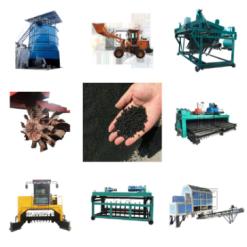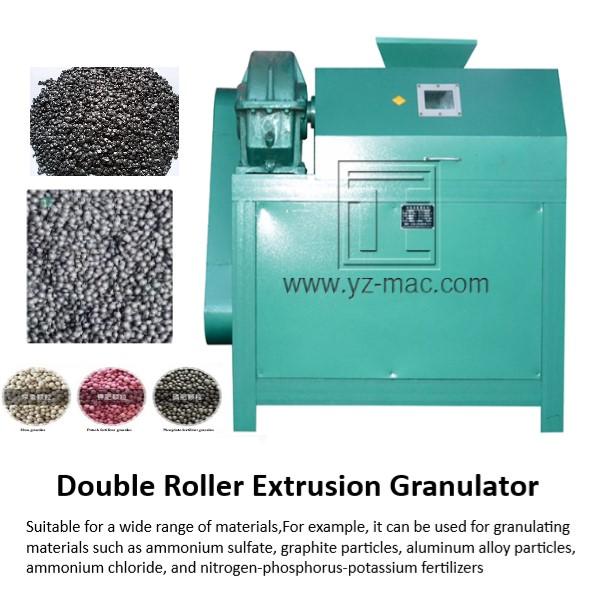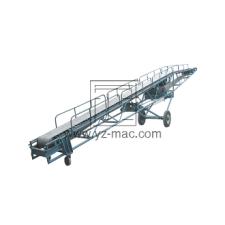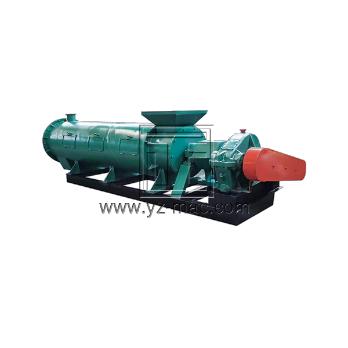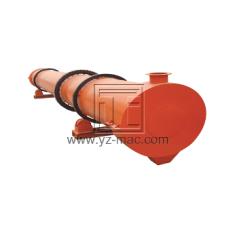commercial composting
Commercial composting is a process of composting organic waste on a larger scale than home composting. It involves the controlled decomposition of organic materials, such as food waste, yard waste, and agricultural byproducts, under specific conditions that promote the growth of beneficial microorganisms. These microorganisms break down the organic material, producing a nutrient-rich compost that can be used as a soil amendment or fertilizer.
Commercial composting is typically done in large composting facilities, municipal composting operations, or on large-scale farms and gardens. The process may involve different techniques, depending on the type and volume of organic waste being composted and the desired end product.
Some common commercial composting techniques include:
1.Aerobic composting: This involves the use of oxygen to break down organic materials quickly. This method typically involves the use of specialized equipment to control temperature, moisture, and aeration.
2.Anaerobic composting: This method involves breaking down organic materials in the absence of oxygen, producing methane as a byproduct. This method is typically slower than aerobic composting but can be useful for certain types of organic waste.
3.Vermicomposting: This method involves using worms to break down organic waste, producing a nutrient-rich worm castings that can be used as fertilizer.
Commercial composting offers several benefits, including reduced environmental impact, improved soil health, and increased crop yields. Additionally, commercial composting helps to reduce the amount of organic waste sent to landfills, which can reduce greenhouse gas emissions and help to mitigate climate change.


